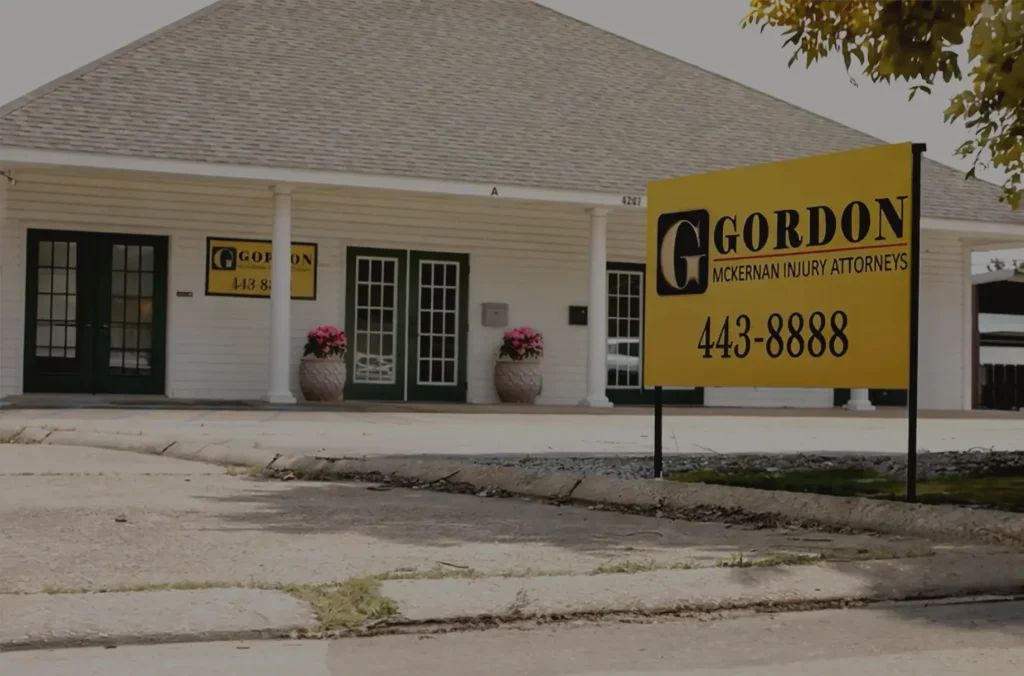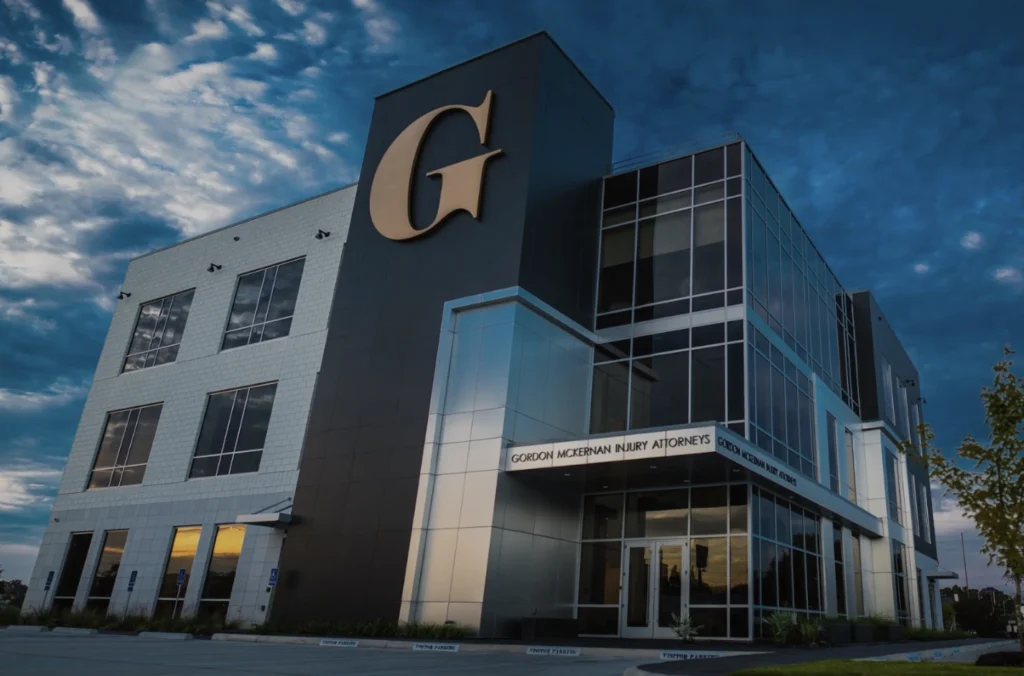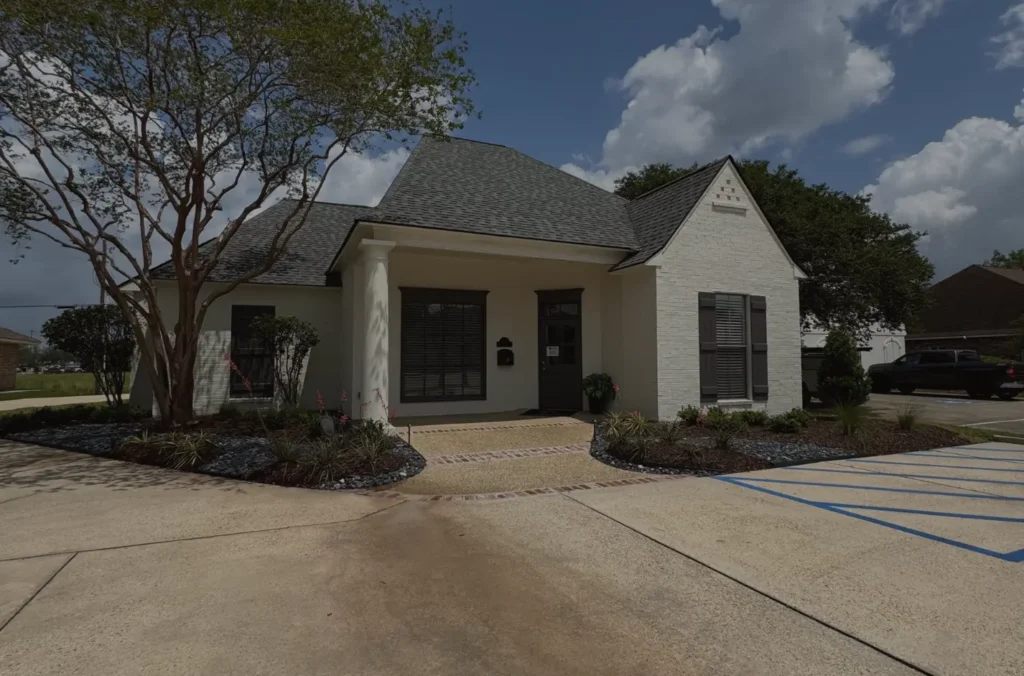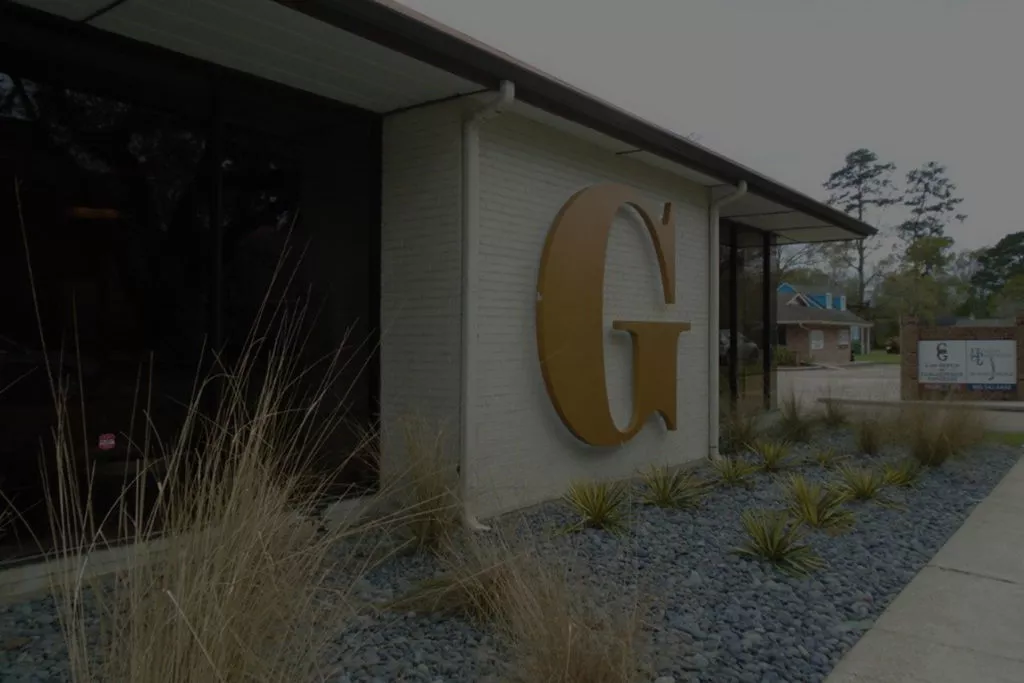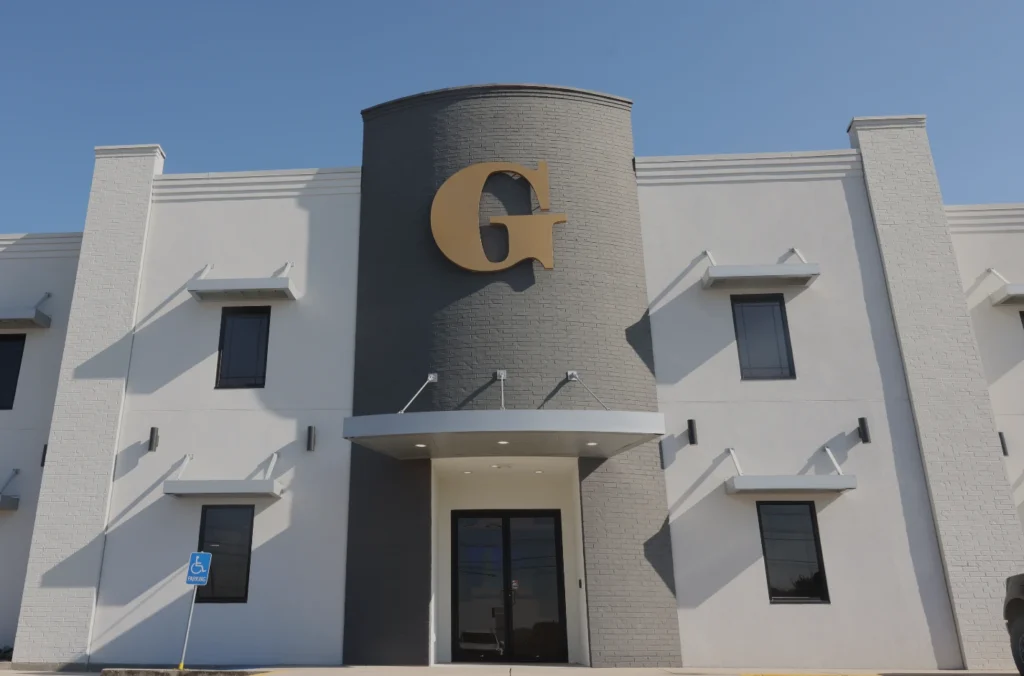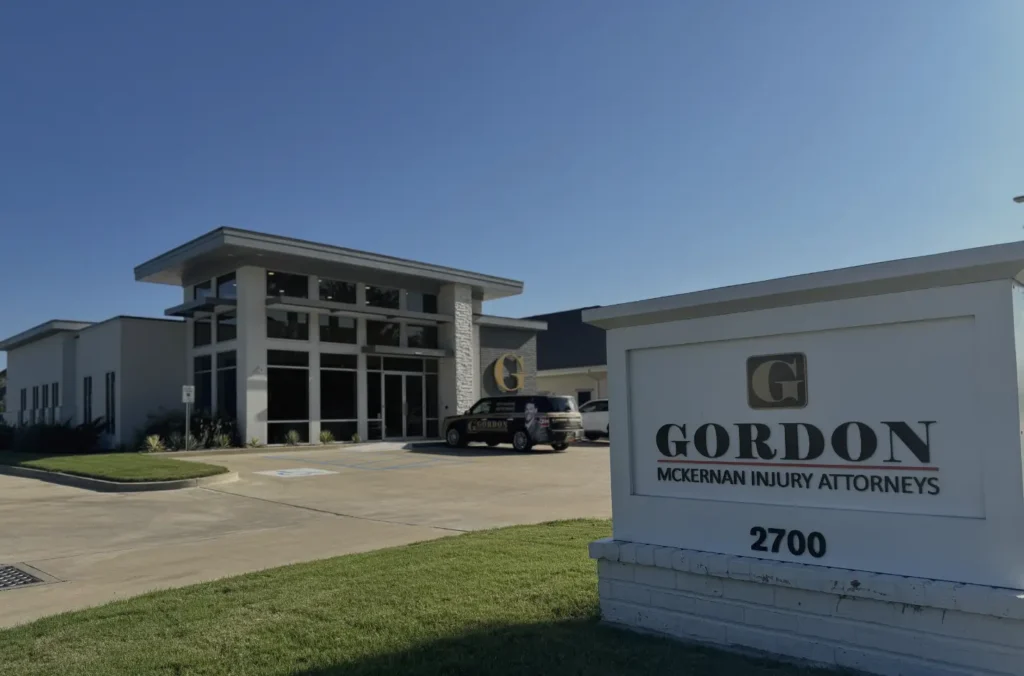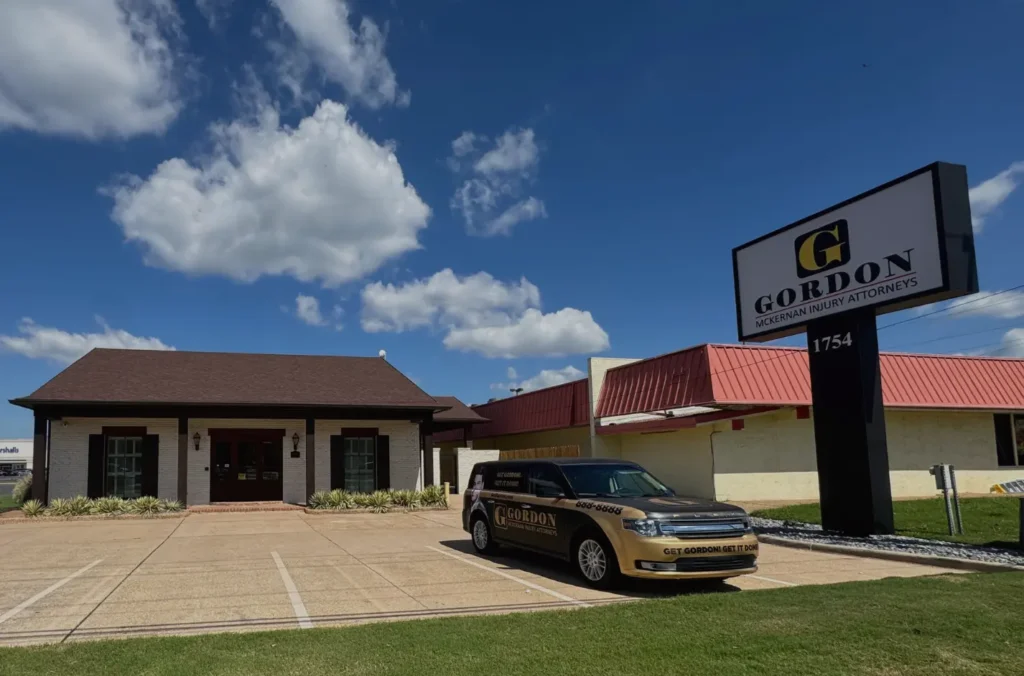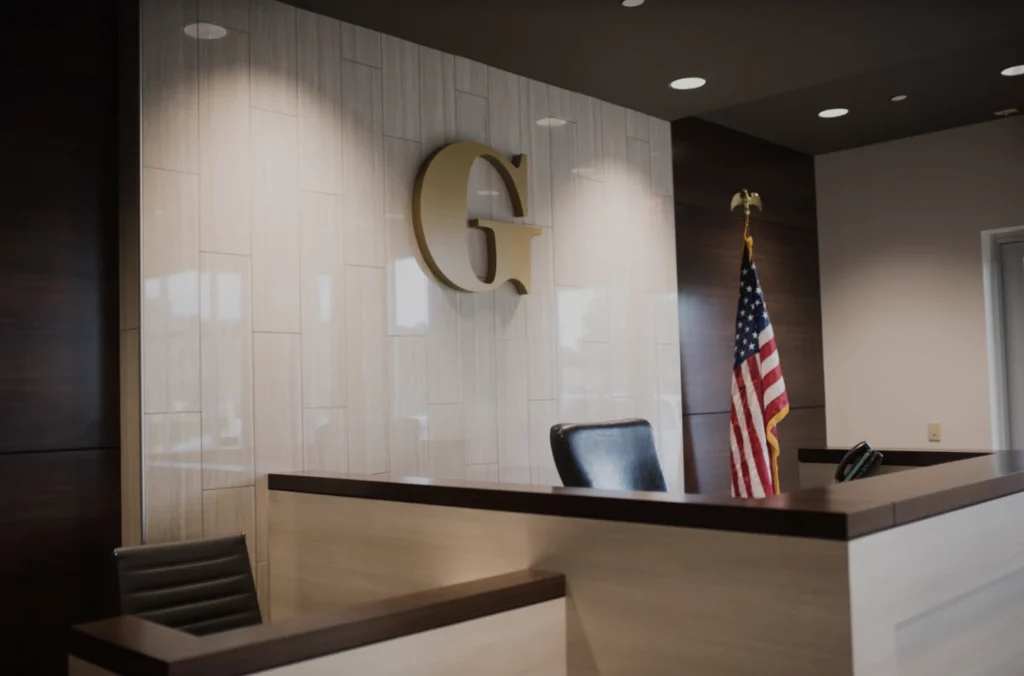Wreck vs. Accident: Key Differences and Why It Matters in Personal Injury Law
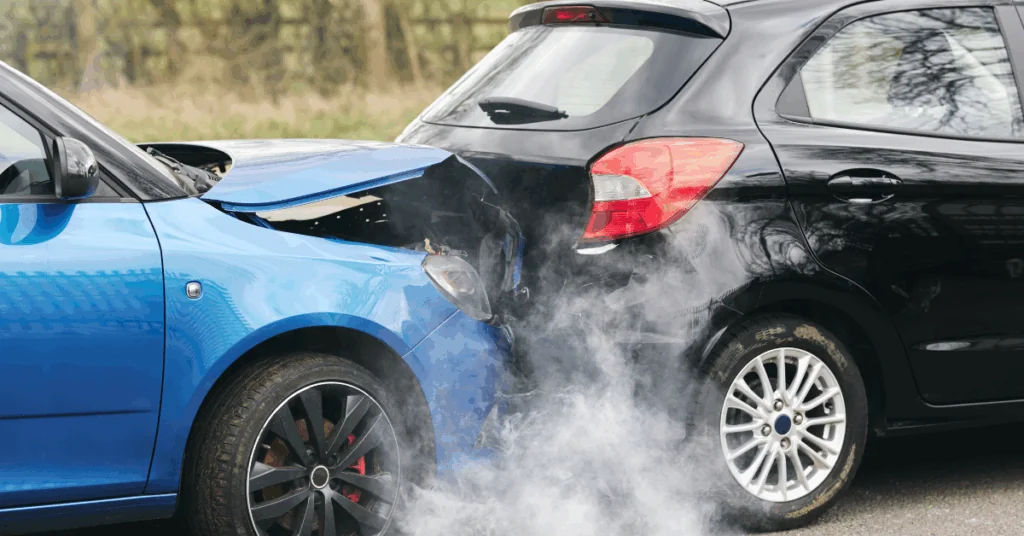
When you’ve been in a car crash, you’ve probably heard the terms “wreck” and “accident” thrown around. But did you know that in personal injury law, the difference between these two words can play a major role in your case? Whether you’re dealing with car wrecks or personal injury claims, the language you (and your lawyer) use can impact how things unfold. Let’s dive into understanding the difference and why it matters for your legal journey.
What is the Difference Between a Wreck and an Accident in Personal Injury Law?
First things first, let’s clear up what these two terms actually mean.
- Accident: This is often used to describe an unforeseen event that happens without anyone intending it. For instance, if a driver loses control of their car because of a patch of ice, it could be called an “accident.” It suggests that there was no one at fault.
- Wreck: Now, a wreck is a different story. It’s more serious and implies that someone’s actions—like negligence or recklessness—led to the crash. Picture a drunk driver causing a pile-up. That’s a wreck.
Why Does the Difference Between Wreck and Accident Matter in Your Case?
How Wreck vs. Accident Affects Liability and Responsibility
In legal terms, calling something an “accident” often suggests it was unavoidable. This can make it harder to hold anyone responsible. After all, who can be blamed for an act of nature, right?
But when you refer to it as a “wreck,” it’s clear that something went wrong because of negligence. Maybe it was speeding, distracted driving, or driving under the influence. Wrecks make it easier to prove that someone else’s actions caused the damage—and that’s crucial for securing the compensation you deserve.
Insurance Companies and the Impact of Wreck vs. Accident on Your Claim
Here’s a little insider tip: insurance companies love the word “accident” because it can help them minimize payouts. If an insurance company can argue that an incident was just an accident, they might be able to avoid covering the damages.
On the flip side, wreck shifts the focus to fault. So if your crash was due to a reckless driver, it’s easier to prove negligence and get the full settlement you’re entitled to.
How Wreck vs. Accident Affects Your Compensation for Injuries
Now, here’s why it matters to you. If you’ve been injured, calling it a wreck instead of an accident can make a huge difference in the compensation you receive. Wrecks usually involve more serious consequences, like severe injuries or even death. The term “wreck” better reflects the severity of the crash and helps your attorney argue for higher compensation for pain, suffering, medical bills, and lost wages.
Legal Definitions of Wreck vs. Accident: Why It’s More Than Just a Word
While both “accident” and “wreck” seem like synonyms, they’re anything but when it comes to personal injury law. Here’s why:
- Accident: The term can sound like fate or bad luck. When you call a crash an accident, you might be implying that there was no fault involved. Insurance companies like this because it can lower the payout.
- Wreck: This word is neutral but suggests that someone’s negligence or recklessness could be to blame. This puts the focus on the responsible party, making it easier to prove negligence.
How the Right Terminology in Wreck vs. Accident Can Strengthen Your Personal Injury Case
When it comes to personal injury law, language is everything. Choosing to say “wreck” rather than “accident” can drastically change the tone and direction of your case. It influences:
- Liability: Referring to it as a wreck suggests that someone is at fault. This opens the door for seeking compensation based on negligence.
- Insurance Claims: As mentioned, insurance companies are more likely to downplay your situation if you call it an “accident,” making it harder for you to receive the compensation you need.
- Legal Proceedings: In the courtroom, the way you present the crash matters. If it’s a wreck, it indicates serious damages and negligence, which can be essential for your legal team when arguing for higher damages.
What Should You Call It? Wreck vs. Accident in Legal Terms
The choice between “wreck” and “accident” should be clear when it comes to legal matters. If you’ve been involved in a crash where someone else’s actions played a role—whether that’s speeding, distracted driving, or driving under the influence—your attorney should be using the right language to highlight those key facts.
- Wreck = Negligence, serious injury, and higher potential compensation.
- Accident = Something that sounds uncontrollable and might be harder to pin down fault.
Get Help from Experienced Personal Injury Attorneys to Handle Your Wreck or Accident Case
If you or someone you love has been injured in a wreck or car accident, don’t let the wrong terminology hurt your case. Let the team at Gordon McKernan Injury Attorneys guide you through the legal maze and fight for the justice you deserve.
With over 30 years of experience, we know how to use the right words and legal strategies to get the best possible outcome for your case. Get Gordon and Get It Done—we’re here to help you every step of the way. Call now for a free consultation and see how we can help you with your personal injury claim. Let’s make sure your story is told the right way. We fight for your rights and the compensation you deserve!

Office Locations
© 2025 Gordon McKernan Injury Attorneys.

